Sarkozy behind bars: historic first for modern France Paradox of justice
The former President of France has been sentenced to five years in prison, and he has already begun serving his term in reality. This has never happened before in modern French history, except, of course, for Marshal Pétain. But can the latter really be considered a head of all of France?
The gold of the Libyan leader
On September 25, the Paris Criminal Court handed down an unexpectedly harsh sentence to Nicolas Sarkozy, who served as President of France from 2007 to 2012. Sarkozy was accused of using funds from the Libyan leader Muammar Gaddafi during his presidential campaign and was sentenced to five years in prison. He was also fined €100,000 and banned from holding public office for five years. On October 21, Sarkozy indeed went to prison — to Prison de la Santé on the outskirts of Paris.
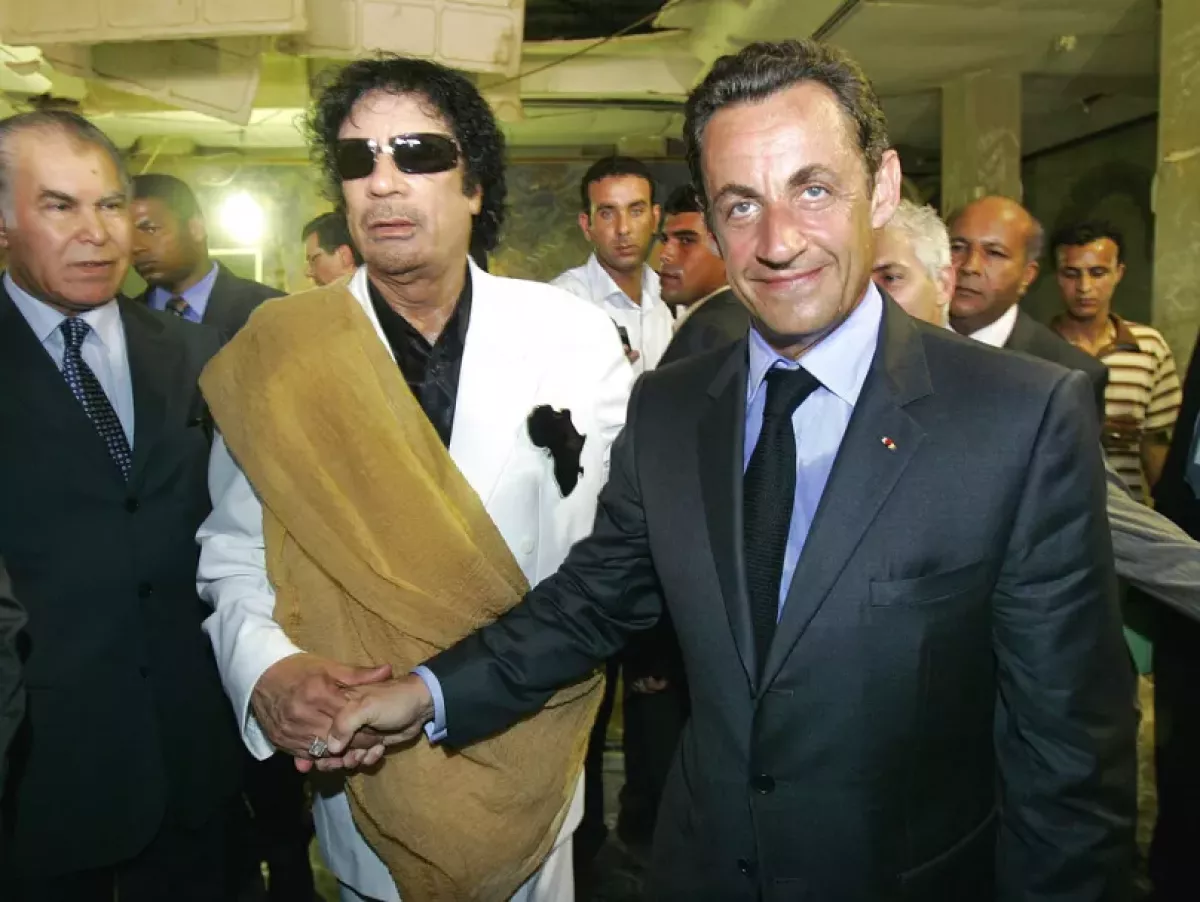
At the same time, the fact that Libyan funds were used during the election campaign was never proven. The court acquitted Nicolas Sarkozy of charges of passive corruption, illegal campaign financing, and concealing the misappropriation of Libyan state funds. It was not even established that Sarkozy had instructed his subordinates to use Libyan money for his campaign.
The court merely noted that Nicolas Sarkozy, who was then serving as Minister of the Interior, “could not have been unaware that his close associates were trying to obtain money from the Libyan regime to finance his presidential campaign.”
This is already the third sentence against the former president in this case and the harshest one yet. In March 2021, Sarkozy was sentenced to three years in prison — one year in custody and two suspended — on charges of corruption, abuse of influence, and violating the secrecy of an investigation.
In September 2021, a new trial added another year for exceeding campaign spending limits. However, Sarkozy remained under house arrest.
And now, four years after the first sentence and eighteen years after the alleged act, the punishment has been escalated to an unprecedented level. Throughout the history of the French Republic, no president has ever been sent to prison.
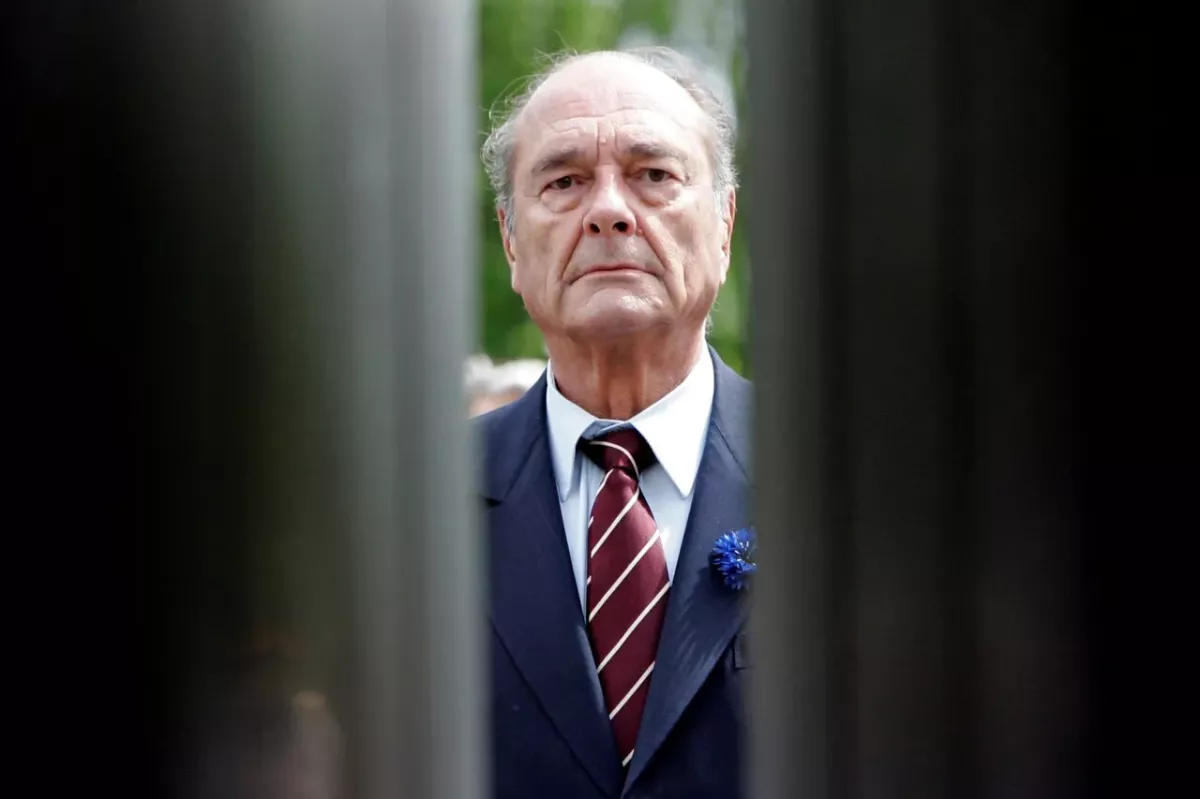
The first head of state to face trial on corruption charges was Gaullist Jacques Chirac, Sarkozy’s political mentor. Chirac was accused of siphoning €1.4 million from the state budget to pay party officials. However, in December 2011, the former president received a two-year suspended sentence.
Only the collaborator Marshal Henri Pétain, head of the puppet “French State” during the German occupation, was sentenced to death — later commuted to life imprisonment, and eventually to house arrest.
After the current sentence was handed down, Nicolas Sarkozy admitted that he had not believed he would receive a real prison term until the very last moment.
A cautionary sentence
Illegal financing of political activity is a fairly common phenomenon in France. Charges of this kind have been brought against far-right National Rally leader Marine Le Pen and former Defence Minister François Léotard. Former President François Hollande, his ministers, and the Socialist Party treasurer have also repeatedly been at the centre of financial scandals.
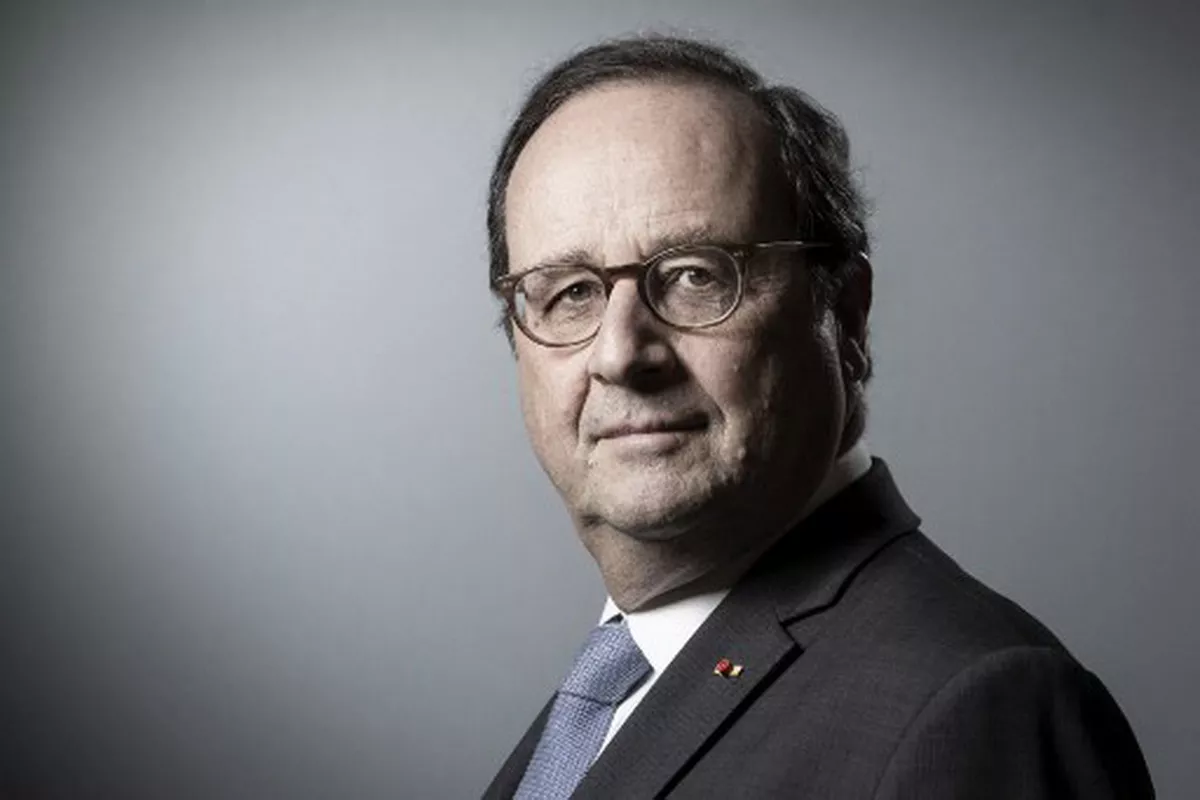
Similar cases have also been brought against the current President Emmanuel Macron.
In 2020, suspicions were raised that the Lyon city administration had financed Macron’s 2017 presidential campaign. In November 2022, the French prosecutor’s office investigated the financing of Macron’s 2017 and 2022 campaigns by McKinsey & Company. Subsequently, as head of state, Macron was involved in lobbying on behalf of this American consulting firm.
McKinsey, in turn, has been accused of tax evasion in France since 2011.

However, these allegations of illegal campaign financing had no consequences for Macron. In France, politicians in such cases typically face only suspended sentences, fines, or the cases are quietly dropped altogether.
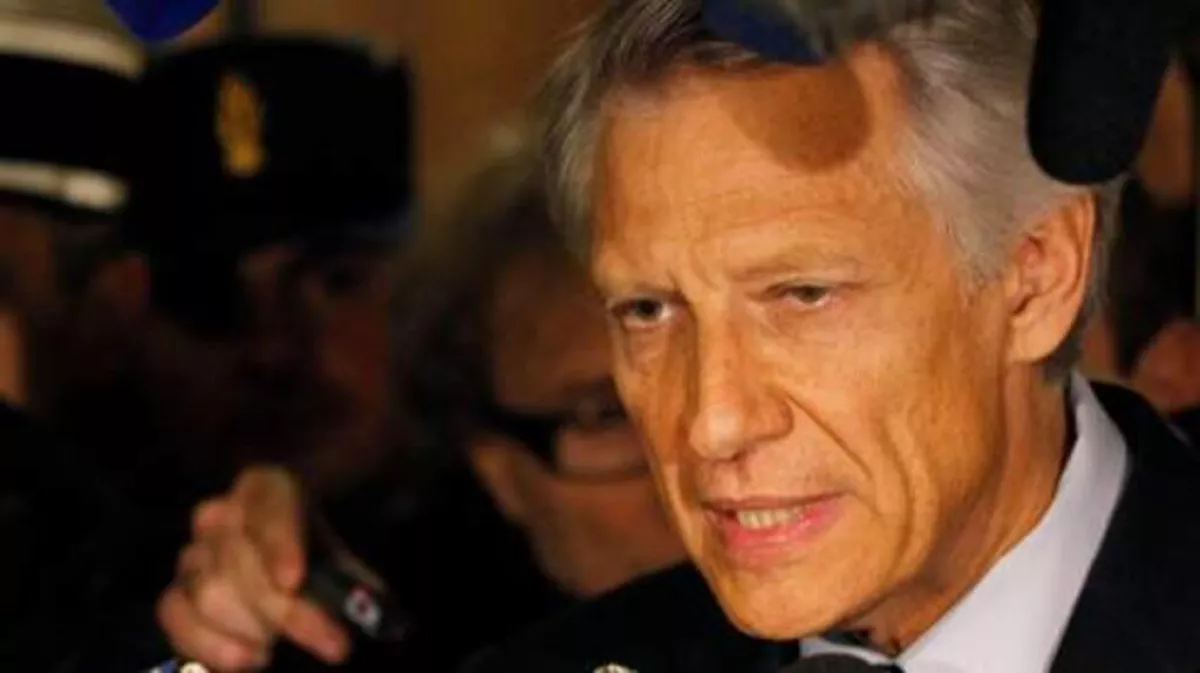
An investigation into receiving bribes from African leaders was also launched against former Prime Minister Dominique de Villepin, but it was later closed. At the same time, de Villepin himself faced a case for filing a false complaint against Nicolas Sarkozy, his political rival.
So why did Nicolas Sarkozy — who did not steal a single euro from the French state budget — receive such a harsh sentence? One might assume that someone considered this former president too “pro-Russian.” No, Sarkozy was not sitting at home with a balalaika, singing folk songs, but in June 2014, he made a private trip to Russia and met with Putin. Already in July, he was detained by French police in connection with a corruption and abuse-of-power case.
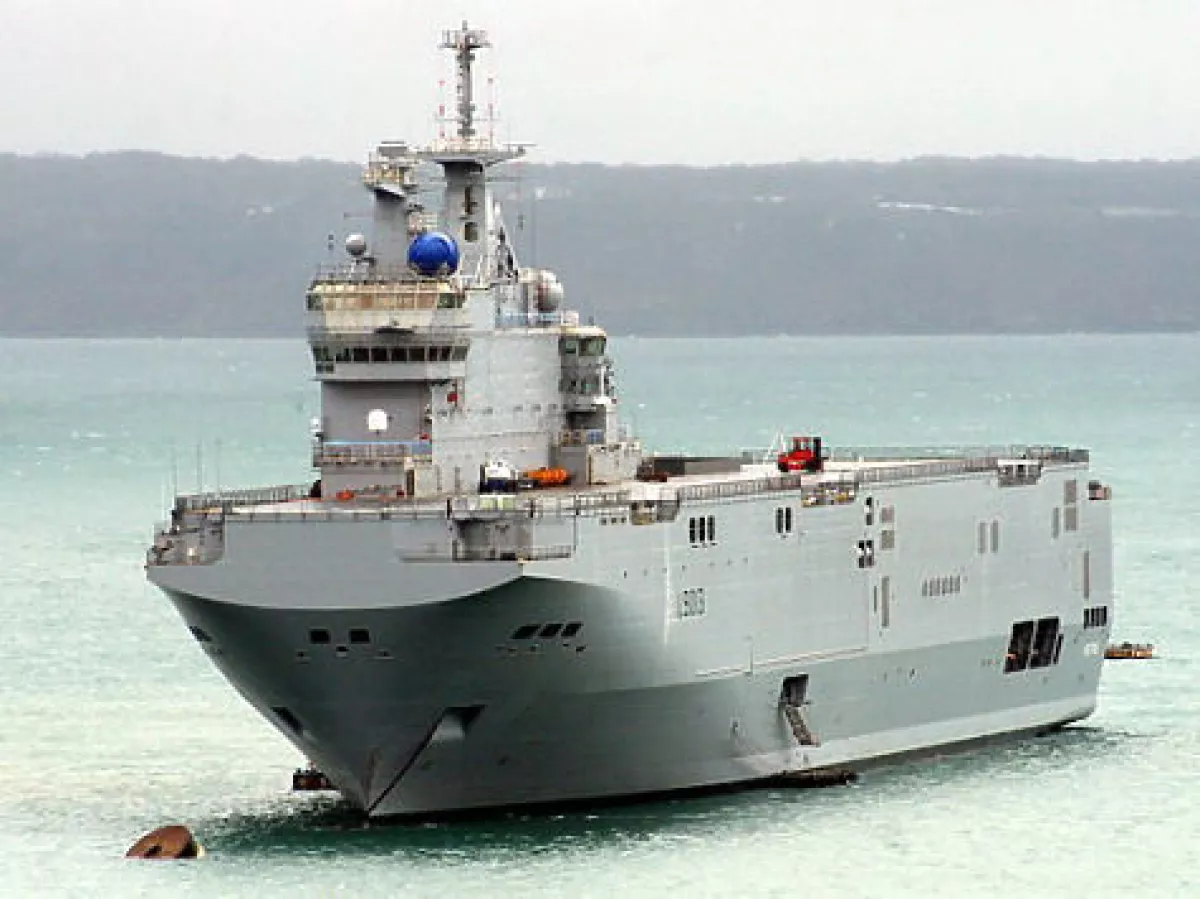
Nevertheless, in November 2014, he advocated transferring the French-built Mistral warships to the Russian Navy. In October 2015, he was again in Moscow and met with the Russian president once more. In February 2016, the Paris prosecutor’s office opened an investigation into the illegal financing of Sarkozy’s presidential campaign.
At the same time, Nicolas Sarkozy is a committed Atlanticist, a proponent of an alliance with the United States, and a supporter of France rejoining NATO’s military structure. However, the former president also lobbied for sectors of French business that benefited from economic cooperation with Russia.
Sarkozy also condemned Russia’s military operation in Ukraine but advocated for a rapid peace settlement under a neutral status for Kyiv. He opposed Macron’s proposal to send French ground troops to the conflict zone.
"Being firm with Putin means taking risks and conducting direct and decisive negotiations with him, rather than engaging in military actions with unpredictable consequences," former President Sarkozy said in an interview with Le Figaro in May 2024. "As for sending ground troops, allow me to express serious doubts."
Another interpretation of events can also be suggested: the unprecedented severity of the sentence against former President Sarkozy sends a signal to all French politicians who display even a relative degree of independence in decision-making — today, no one will be treated leniently.
Amid the current crisis of the neoliberal economic model and the political turbulence in which France finds itself, the ruling elites must rein in both the far right and the far left to maintain the status quo. And it seems the liberal governing elites are willing to go to any lengths to preserve their dominant position unchanged...
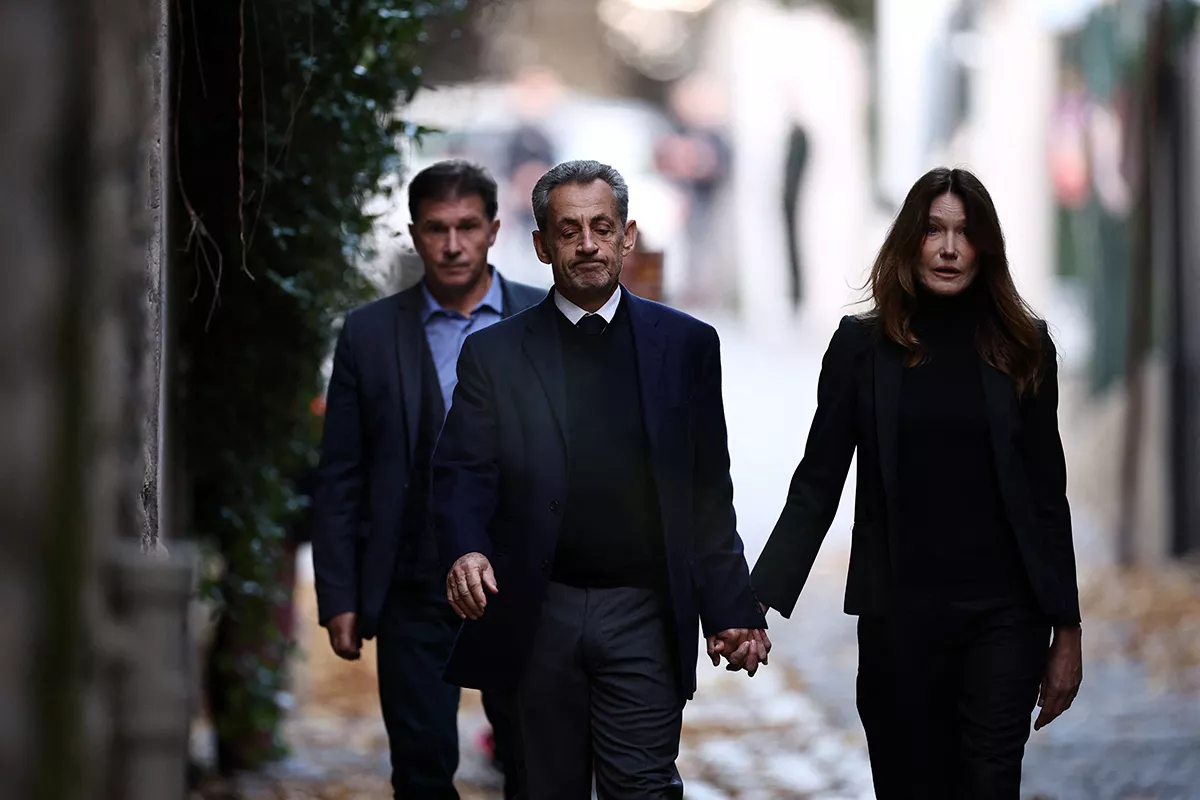
Nicolas Sarkozy, currently in prison, has already received multiple threats. As a result, his security is being ensured by additional personal protection. However, the prison staff union UFAP-UNSA-Justice expressed outrage, calling such precautionary measures “an insult to the entire prison corps.”
Nevertheless, the former president’s lawyers remain optimistic, asserting that by Christmas — December 25 — Nicolas Sarkozy could be free again…








